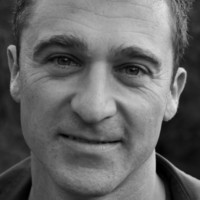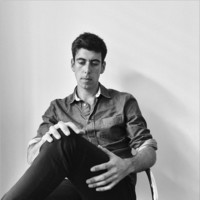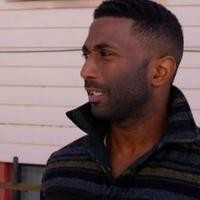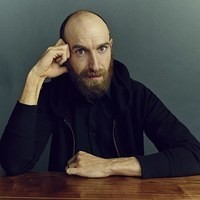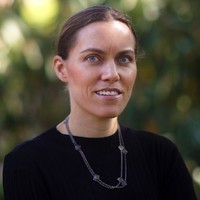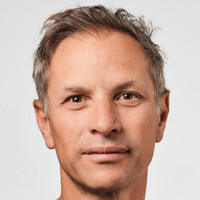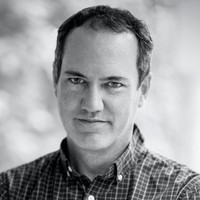Abe Streep is a journalist and contributing editor for Outside. His new book is Brothers on Three: A True Story of Family, Resistance, and Hope on a Reservation in Montana.
”The way journalists talk about, ‘Did you get the story?’—that's not how I see this. That would be extractive in this setting, I think. If someone shares something personal with me, that is a serious matter. It's a gift and you’ve got to treat it with great respect.”
